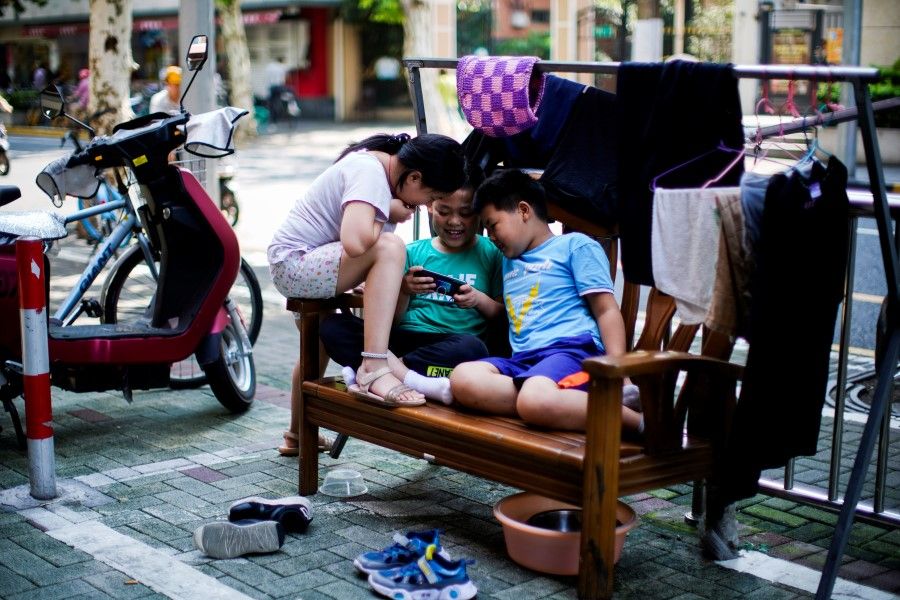Why mobile gaming is important for maintaining social stability in China

For years, video and online games have often been described as drugs and spiritual opium. Recently, the addictiveness of online games on many minors has prompted the Chinese government to impose strict controls on the gaming industry. Will the gaming industry be squeezed out of the market, like the online tutoring industry? The answer is no.
A more appropriate analogy for modern online games in traditional society would be alcohol rather than drugs. China's gaming community numbers 665 million people - if games were indeed spiritual opium, or a drug like heroin, it would be very difficult to break away from it after coming into contact with it, and the addiction would keep getting worse. A society would easily have collapsed under such influence.
About 40% of people in China are drinkers, about the same as the number of gamers. Drinking and gaming are alike in two ways - first, they have a huge audience; second, they have some degree of addictiveness, with higher levels of addiction among certain groups and ages, but a low proportion of really serious addiction causing severe health and social consequences.
Compared to other entertainment activities such as theme parks, day tours, or going to the cinema, gaming is the most affordable entertainment activity for those at the bottom.

For young children with low self-control, online gaming has to be strictly controlled. In this sense, the Chinese government's regulatory policies are definitely correct. But tightening up on the entire gaming industry targeted at adults is totally unnecessary, because games also have an irreplaceable social value, especially to those at the bottom tier in big cities.
The public-supported entertainment industry is an important part of social stability. For developed commercial societies such as China, the US, Japan, and Singapore, the most economical form of entertainment for those at the bottom tier in such big cities would definitely include online games. Take China for example. In 2020, the average revenue per user (ARPU) for the entire gaming industry in China was 419.08 RMB, referring to the average amount of money spent per user annually, while the average time spent was 14 hours per week. That is, each user spent an average of less than 0.70 RMB per hour on games. Compared to other entertainment activities such as theme parks, day tours, or going to the cinema, gaming is the most affordable entertainment activity for those at the bottom.
Next, spending on games is also the most accessible form of fragmented consumption for those at the bottom. Users do not have to plan their time - as long as they have about ten minutes to spare, they can just pick up their phone and play a round of a mobile game like Honor of Kings.
For those at the bottom, the gaming world is more fair than the real world, and their social activities in the gaming world are more comfortable than in the real world.

While entertainment and leisure such as TV series and short video clips are also fragmented and low-cost, games have another important function that TV shows and video clips cannot provide: social interaction. White-collar urban dwellers in the service industry have a small social circle and cannot afford the high costs of the physical economy. However, socialisation is a human need. Games can connect people in the virtual world, and build frequent, deep relationships based on gaming skills. For those at the bottom, the gaming world is more fair than the real world, and their social activities in the gaming world are more comfortable than in the real world.
Regulation of the gaming industry is necessary, especially for minors. But for societies like China, the US, and Singapore, the gaming industry plays a role in social stability that is difficult to replace. So, when it comes to regulating the games industry, the government will probably keep exploring how to go for benefits while avoiding pitfalls - controlling the damage to a certain group while encouraging its healthy growth.
